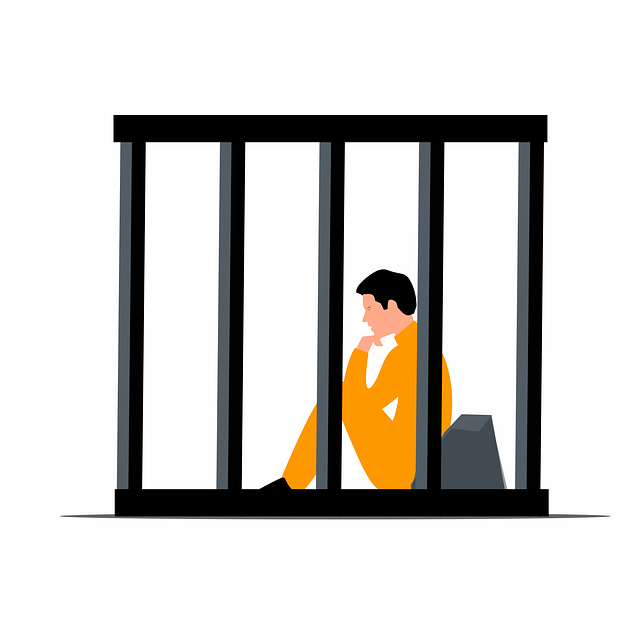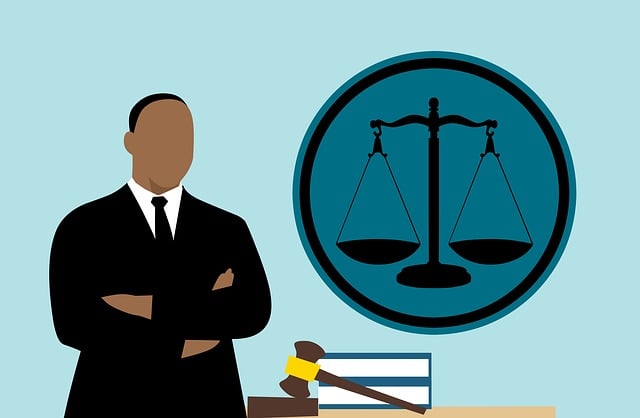Driving under the influence (DUI) laws vary significantly worldwide, posing challenges for tourists. Many countries enforce strict zero-tolerance policies with advanced technology like computer vision and AI for detection. Understanding local DUI laws is crucial to avoid severe penalties. Tech innovations empower tourists with access to critical information through digital platforms and apps. Legal strategies must adapt to new testing methods and varying state laws, focusing on tailored, proactive representation in a changing legal landscape. International collaboration harmonizes laws and embraces tech advancements, enhancing road safety for tourists facing DUI charges across borders.
In an era where technology is rapidly transforming legal landscapes, understanding DUI laws and their global implications has never been more crucial. This article delves into the intersection of technology and law enforcement, exploring how innovative solutions enhance road safety. We uncover strategies for future-proofing legal approaches to DUI defense, emphasizing the need for international collaboration in harmonizing regulations and tech advancements. For tourists and legal professionals alike, these insights offer vital guidance in navigating global DUI laws, ensuring compliance, and promoting safer travel experiences.
- Understanding DUI Laws and Their Global Impact
- The Role of Technology in Law Enforcement and Safety
- Future-Proofing Legal Strategies for DUI Defense
- International Collaboration: Harmonizing DUI Laws and Tech Solutions
Understanding DUI Laws and Their Global Impact

Driving under the influence (DUI) laws vary significantly across countries, presenting a complex landscape for tourists and expatriates. In many jurisdictions, these laws are strictly enforced, with zero-tolerance policies for impaired driving. This global trend is driven by the well-documented risks associated with DUI, including accidents, injuries, and fatalities. As technology evolves, so do law enforcement tactics, with advanced breathalyzers, field sobriety tests, and even vehicle-mounted sensors becoming commonplace.
For tourists, navigating these laws can be challenging, particularly in countries with stringent DUI regulations. A strong understanding of local DUI laws is crucial for anyone planning to drive while abroad, as mistakes can lead to severe penalties, including fines, license suspension, or even imprisonment. Therefore, a key aspect of international travel preparation is researching and familiarizing oneself with the local DUI defense options and procedures, especially when considering a DUI Defense for Tourists strategy.
The Role of Technology in Law Enforcement and Safety

Technology plays a pivotal role in modern law enforcement, enhancing safety measures and improving justice systems. One notable area is traffic management and enforcement, especially when it comes to preventing and deterring DUI (driving under the influence) among tourists. With advancements in computer vision and artificial intelligence, cameras and sensors can now accurately detect impaired drivers, providing real-time data for law enforcement agencies. This technology enables more efficient patrolling and targeted interventions, ensuring public safety on roads.
Additionally, digital platforms and mobile applications facilitate quick communication between officers and citizens, allowing for faster response times during emergencies. For instance, apps that assist in reporting suspicious activities or providing critical information about DUI laws can empower tourists to make responsible decisions while traveling. These tech solutions contribute to a proactive approach to law enforcement, making it easier to future-proof legal frameworks related to public safety.
Future-Proofing Legal Strategies for DUI Defense

As technology advances, so do the legal strategies required to defend against Driving Under the Influence (DUI) charges. Future-proofing legal approaches for DUI defense is crucial in staying ahead of evolving laws and public safety measures. One key aspect is adapting to changes in testing methods and standards. With the introduction of more sophisticated blood and breath analysis techniques, lawyers must stay informed about their accuracy and reliability to mount a robust defense. Additionally, focusing on educating clients, especially tourists, about the legal implications of DUI in different jurisdictions is essential.
Tourists visiting new states often face unique challenges when accused of DUI, as local laws may differ significantly from their home countries. Legal strategies should include comprehensive client intake processes that account for these variations, ensuring tourists understand the potential consequences and rights they possess. By staying informed about technological advancements and legal trends, DUI defense attorneys can provide proactive, effective representation tailored to a rapidly changing landscape.
International Collaboration: Harmonizing DUI Laws and Tech Solutions

In today’s interconnected world, international collaboration is more vital than ever, especially in the realm of tech solutions future-proofing law. When it comes to driving under the influence (DUI), harmonizing global laws and technological advancements presents a complex yet necessary challenge. This is particularly crucial for tourism, as DUI defense for tourists has become a significant consideration across borders.
By fostering collaboration between legal experts and technology developers worldwide, we can create standardized protocols that leverage innovative solutions. These might include advanced alcohol detection technologies, real-time data sharing platforms, and AI-driven predictive models to identify potential DUI risks. Such international efforts not only enhance road safety but also ensure fairness in administering justice for tourists facing DUI charges across different countries.
As we’ve explored, understanding DUI laws globally is essential, especially with technology playing an increasingly pivotal role in law enforcement. To ensure effective DUI defense strategies, legal professionals must stay ahead of technological advancements while navigating international collaborations to harmonize DUI regulations. By embracing tech solutions and fostering global cooperation, we can enhance road safety for all, including tourists facing DUI charges across borders. This multidisciplinary approach is crucial in mitigating risks, ensuring fairness, and future-proofing legal strategies in the ever-evolving landscape of DUI enforcement.






